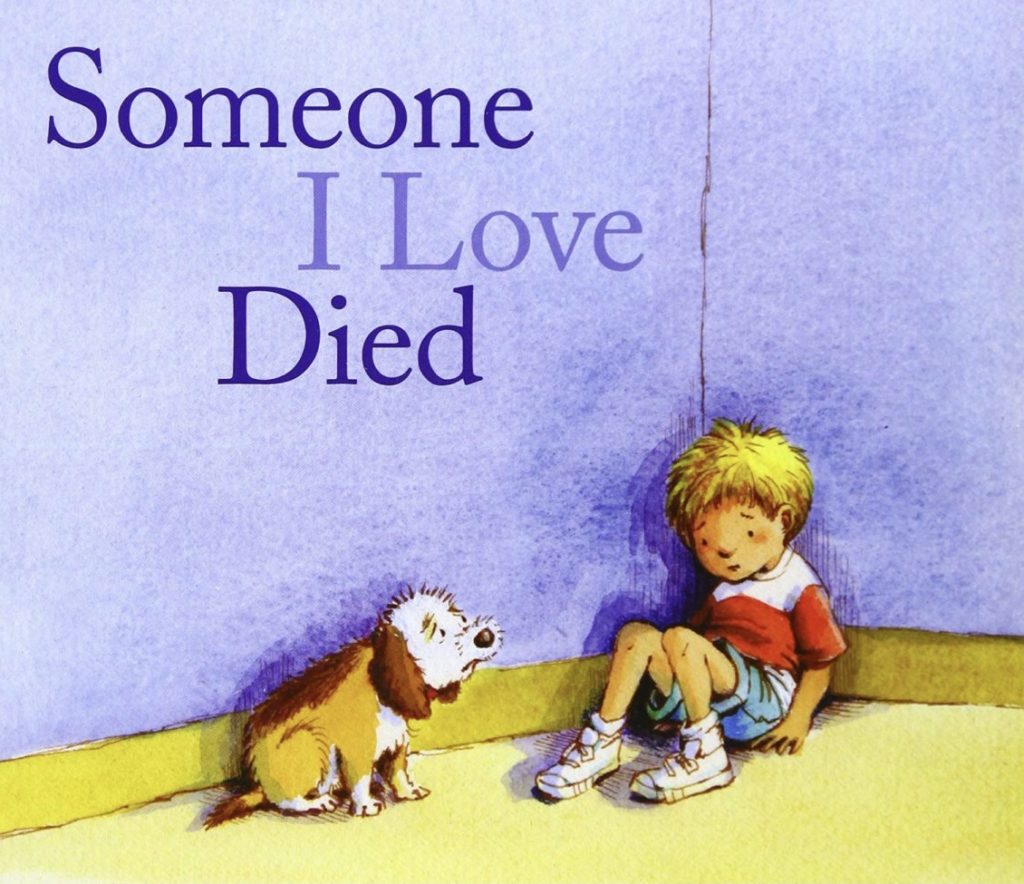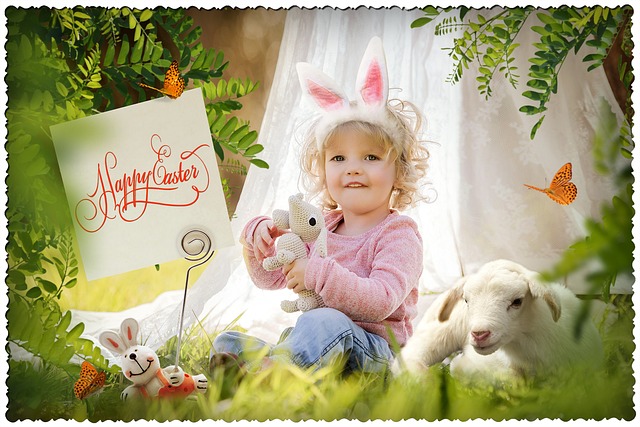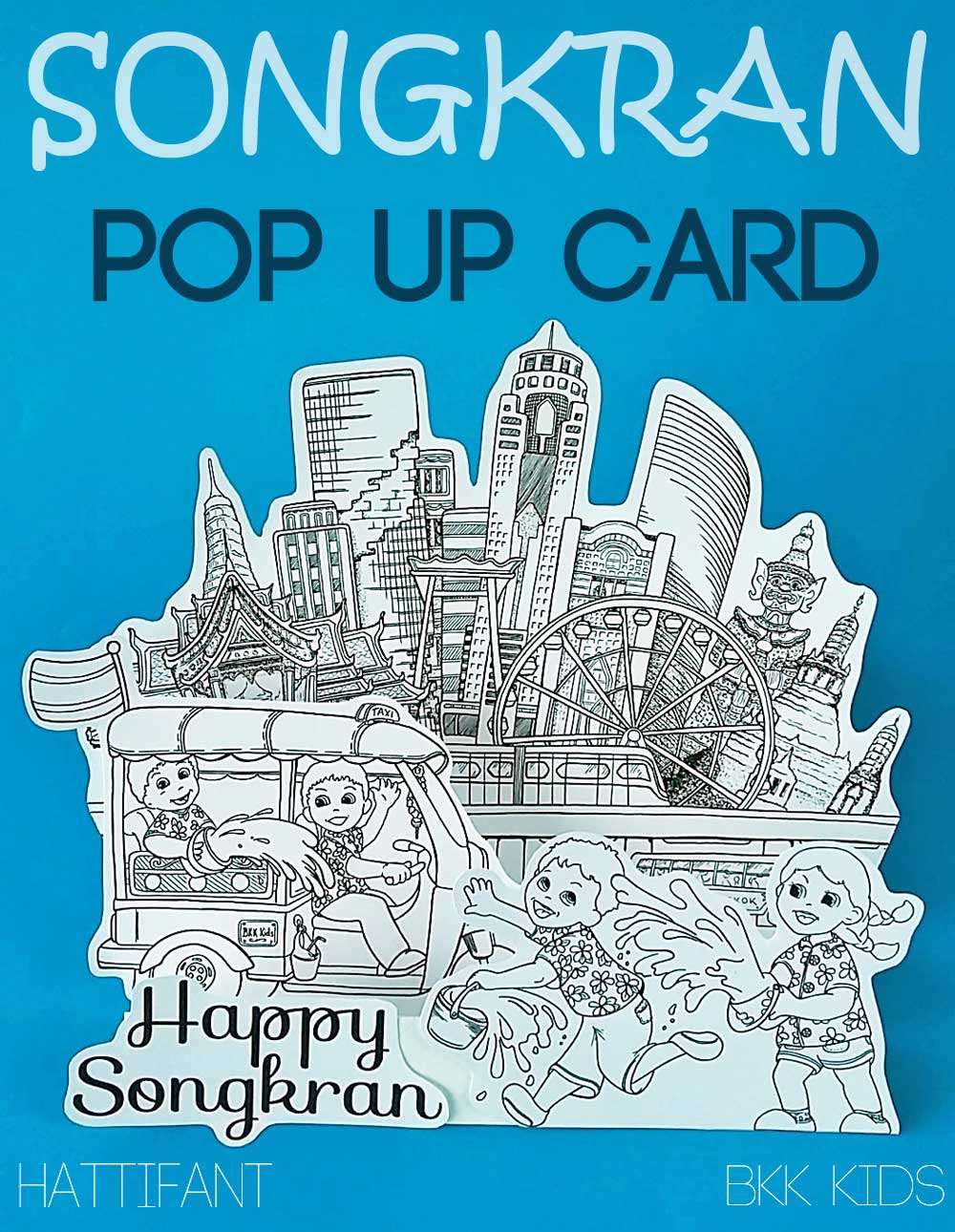Explaining tragedy and death to a young child can be incredibly difficult. Everyday events can put even a well-balanced adult on an emotional roller coaster. Personal loss, community and national tragedy, divorce or relocation can all stir up strong emotions and feelings of helplessness, hopelessness and fear.
The death of a loved one is a life-changing experience for us as adults and can be a major set-back for our kids who don’t yet have the tools to manage or regulate their own emotions. As adults, we have a lifetime’s worth of experience handling grief, however for kids the reality of losing a loved one and the concept of death as a whole can be incredibly difficult for them to come to terms with.
More recently with the emergence of the global pandemic, death and tragedy is a subject kids are seeing more often. They hear about it from friends, they may overhear the news and older kids with access to technology will have been witness to the staggering amount of facts and figures related to the Covid pandemic which spins them into a whirl of anxiety. Some kids may even have lost a loved one and are trying to understand and cope with feelings of loss.
Without guidance from understanding parents or adults, death and tragedy of any kind can be a confusing, overwhelming, and even terrifying concept for kids. It falls to us as parents, to guide them on how best to manage losing a loved one and give them a solid foundation and a healthy understanding of death and dying process.
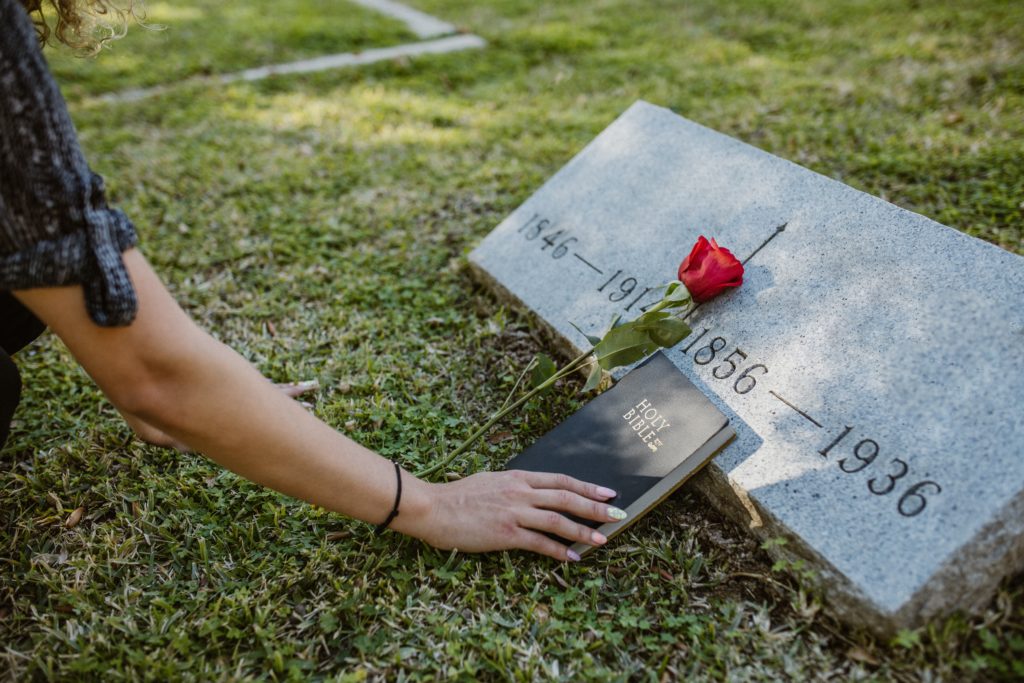
Be Honest & Encourage Questions
You may not have all of the answers to all of your child’s questions, and that’s okay! Honesty is always the best policy so try to explain to them in an age appropriate way that death is part of a natural process and encourage them to ask you questions or verbalise their fears. Many kids when faced with the death of a loved one start to become anxious and younger kids may want to start sleeping with parents or develop separation anxiety in the fear that something may also happen to their parents or siblings. This is a perfectly natural and whilst longer term it can be cause for concern, in the short term kids just need to know you are there for them during this difficult period.
Stick to honest, short answers throughout your explanation, as well as in your responses to questions as this can help kids simplify matters and ensure they gain an understanding of the concept and permanence of death. When dealing with younger children, it can be easier to explain things in very basic terms for example, Grandma can’t breath, eat or move anymore.
Let Them Know All Feelings are OK
Many parents may avoid showing their own sadness and emotional vulnerability in front of their children as they are concerned it may frighten their kids or make them feel insecure. However, it’s really important that your kids see that you are processing your emotions and share with them how you feel openly and honestly. If they see you bottling up or own emotions they may be tempted to do the same which may result in unhealthy coping techniques later in life. Let them know that it’s okay to feel sad, angry, or feel any other emotion that may come as a result of a loved one’s death.
Some kids may appear to be emotionless or numb and disconnected, while other children can display large outbursts of emotion, remind them it’s all OK and reassure them not to feel guilty if they don’t cry and that everyone deals with grief differently. Our kids look to us for guidance and to provide them with a sense of security and a firm understanding that everything will be OK.
Books Offer Great Guidance
Children’s literature is a powerful tool to support the social and emotional health of young children. Books provide an avenue for parents to address concepts that are sometimes difficult to discuss, such as fear, death and grief.
At BKK Kids, we’ve put together a list of some of our favorites. We’d love to hear your recommendations as well. We suggest that you read through the books first and check if the story is appropriate for your child and their own personal situation.
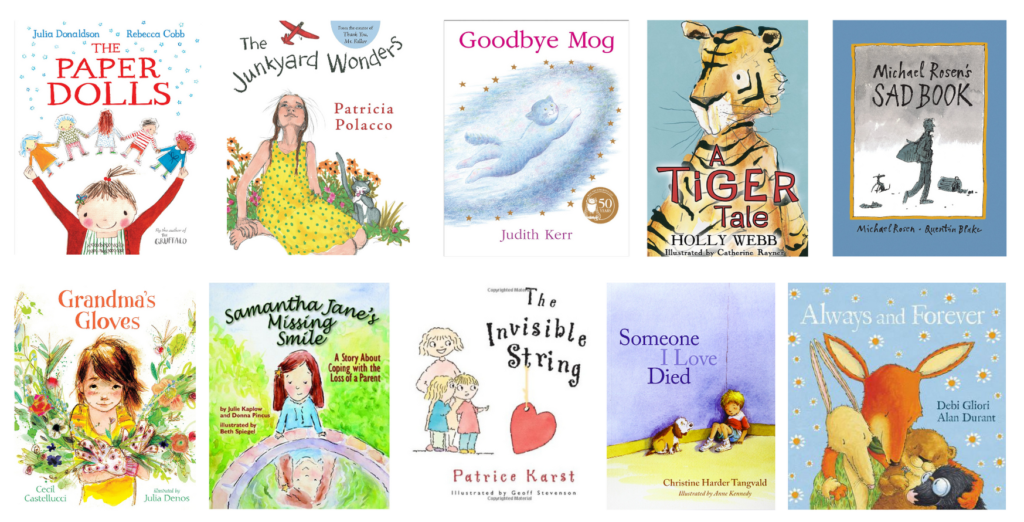
1. The Paper Dolls, by Julia Donaldson
Read more
2. The Junkyard Wonders, by Patricia Polacco
Read more
3. Goodbye Mog, by Judith Kerr
Read More
4. A Tiger Tale, by Holly Webb
Read More
5. Sad Book, by Michael Rosen
Read More
6. Grandma’s Gloves, by Cecil Castellucci
Read More
7. Samantha Jane’s Missing Smile, by Julie Kaplow
Read More
8. The Invisible String, by Patrice Karst
Read More
9. Someone I Love Died, by Christine Harder Tangvald
Read More
10. Always & Forever, by Alan Durant
Read More




